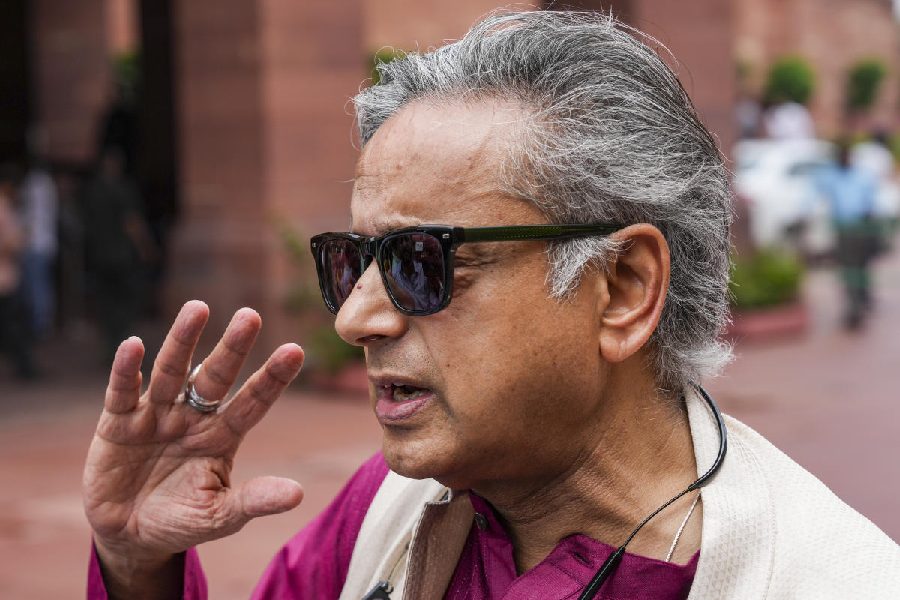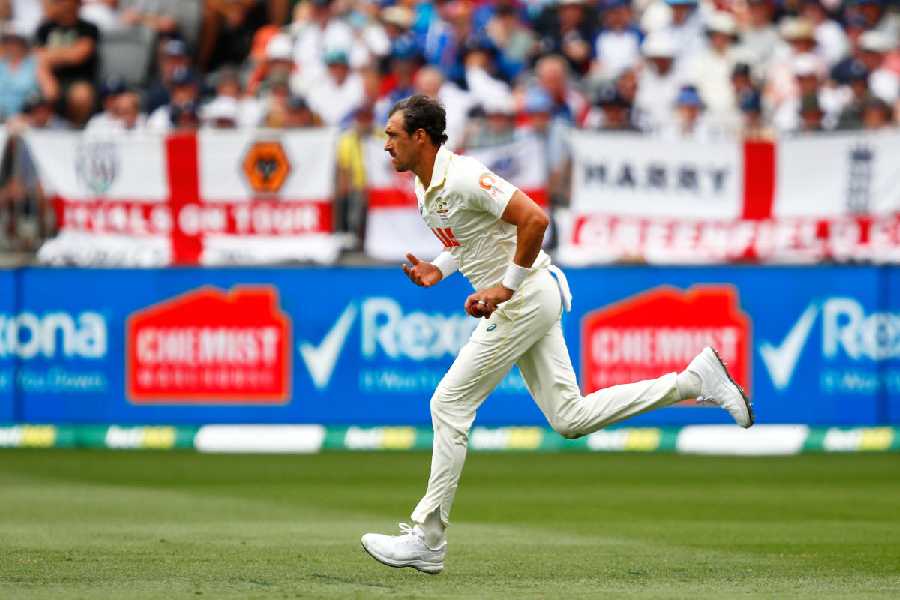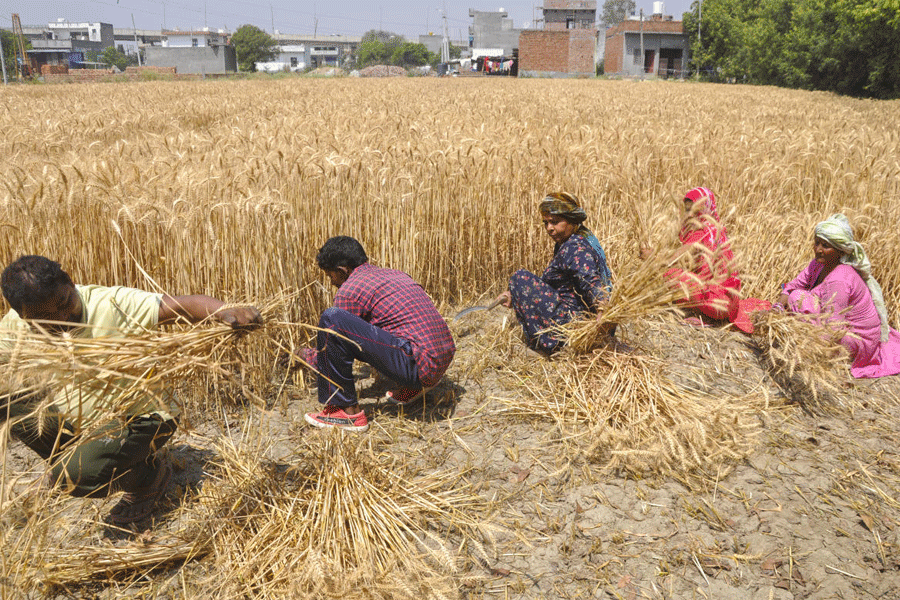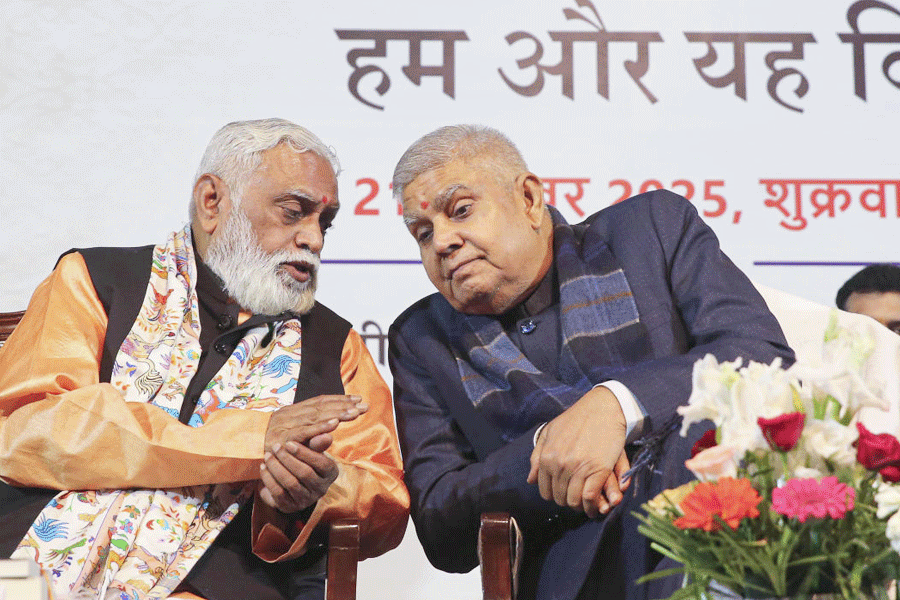Love is in the air, or it can be for a price of $995. That is the fare that Love Cloud, a start-up in the United States of America, charges to fly partners in a private airplane for 45 minutes so that they can indulge in a gravity-defying romp.
Of course, intimacy is just one offering of this airborne love template; there are other ways of expressing the emotion on this proverbial Cloud 9 — and all of them come with a hefty price tag. For instance, $1,195 allows couples to get married on board; one hundred dollars more can fetch a romantic one-course meal; three courses come for $1,595 while an additional $300 with any of these plans will get lovey-dovey pairs a bottle of bubbly as well as a ride to the tarmac in a limousine.
The owner of the start-up claims that a ticket to this mile-high club can bring down divorce rates. It may well be a prudent — if a tad expensive — investment since some estimates suggest as much as a 122 per cent increase in divorce and break-up rates after the pandemic. Empathy is, literally, in the air, but like love can burn a hole in the wallet.
But then love has been a capital idea for commerce for a while. Be it Valentine’s Day, birthdays, or sundry other days that have been invented by the market in order to allow people to express their feelings towards one another, capitalism and popular culture are ardent believers in money being a measure of love. Cinema and advertisements have done their bit to augment this commodification of human emotion and desire. So complete has been commerce’s triumph and, consequently, love’s transformation that a study has claimed that finding a prospective partner or making friends has become akin to a stroll in the mall. Young men and women in India find it perfectly reasonable to carefully sift through prospective profiles — comparing looks, personalities, interests, incomes — before landing on a prized catch.
Yet, Saint Valentine, in whose honour more than a trillion dollars are spent each year across the globe, stood for a love that was embedded in healing and service. His message to reach out and help a fellow being has a special resonance in a world ravaged by death, suffering and loneliness brought about by a virus. Science has validated myth: a study by the Close Relationships Laboratory at the University of Georgia showed that intimate personal ties can improve psychological and physical well-being during times of trauma. Hearteningly, it seems that human civilization retains the ability to learn from loss. Post-pandemic societies have been enriched by stories of people striving to help the less fortunate materially, or by building emotional bonds with strangers in need of human companionship. There is a similar case for reclaiming love from the tentacles of commerce. After all, the global scourge of loneliness has undoubtedly been aggravated by the market reducing love to a material — as opposed to an emotional — contract.











